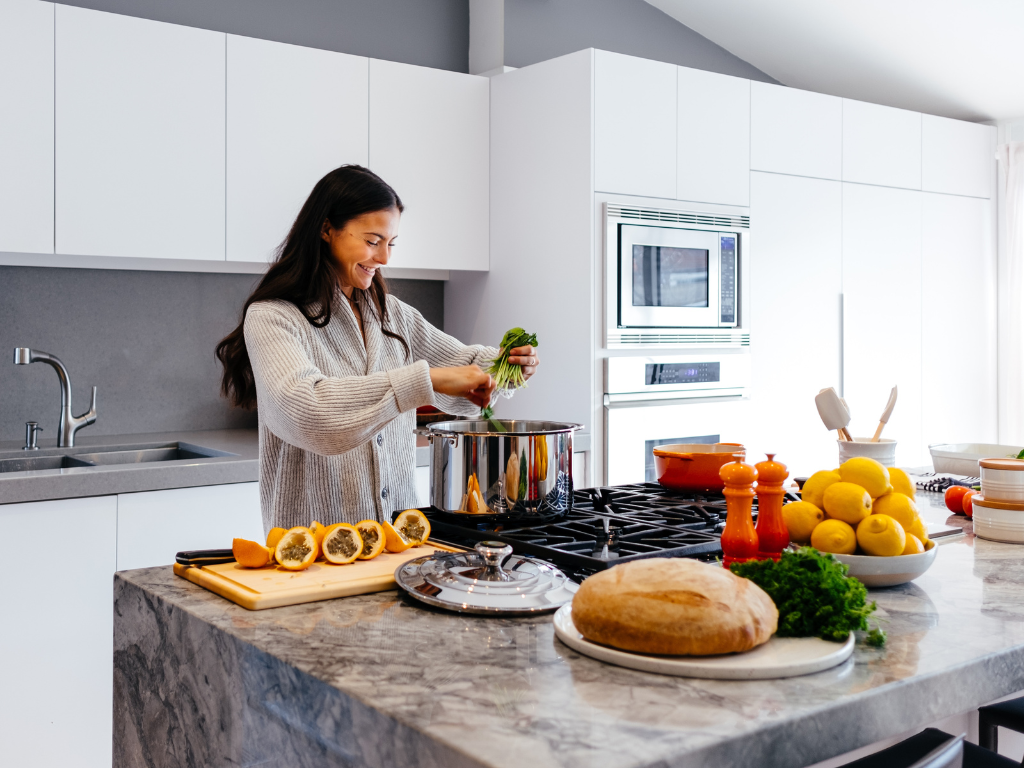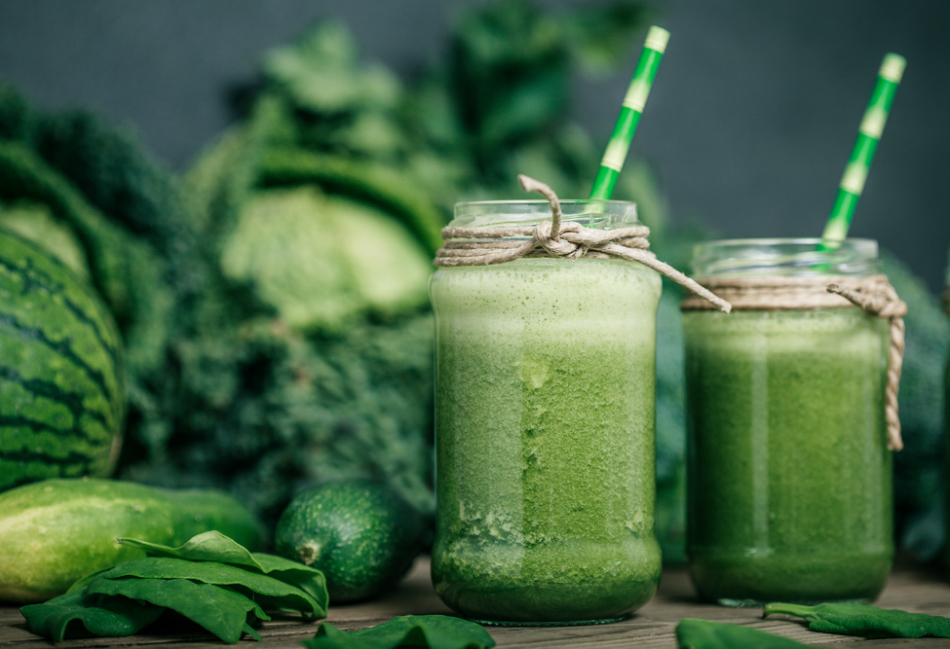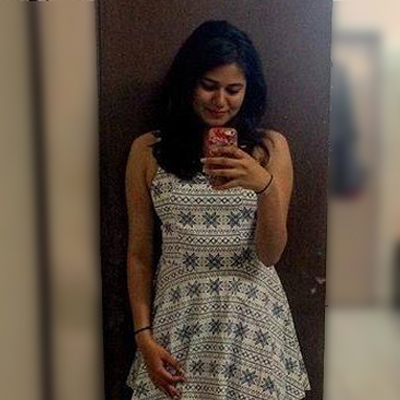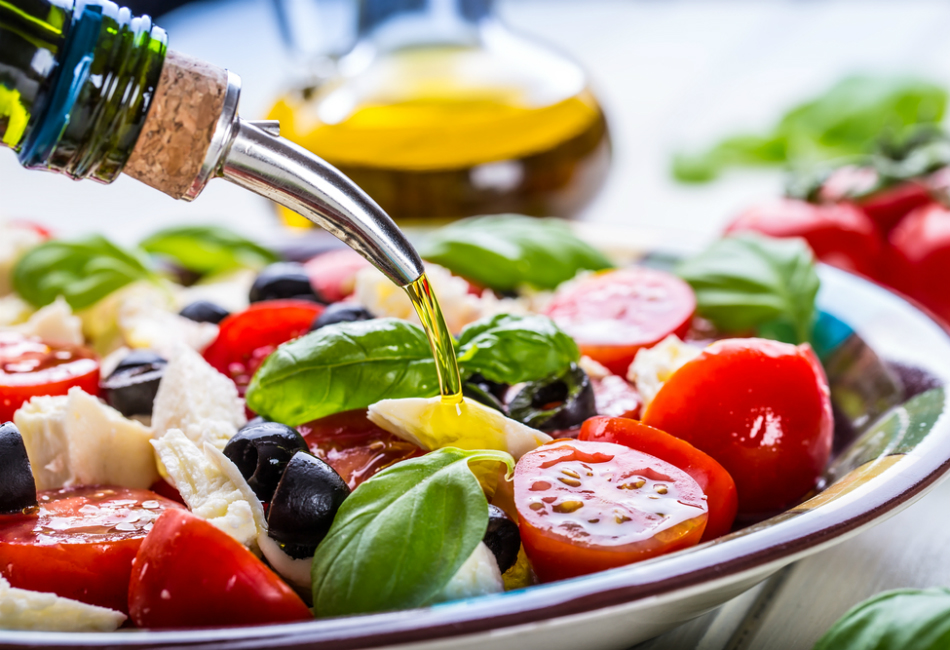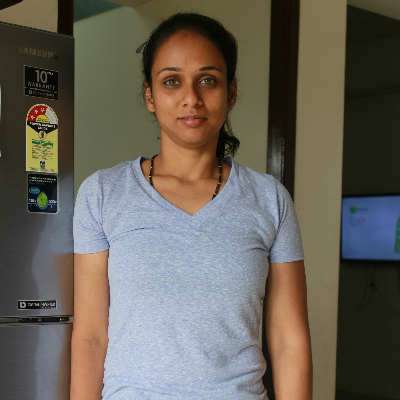Download Free Vegan Starter Kit -
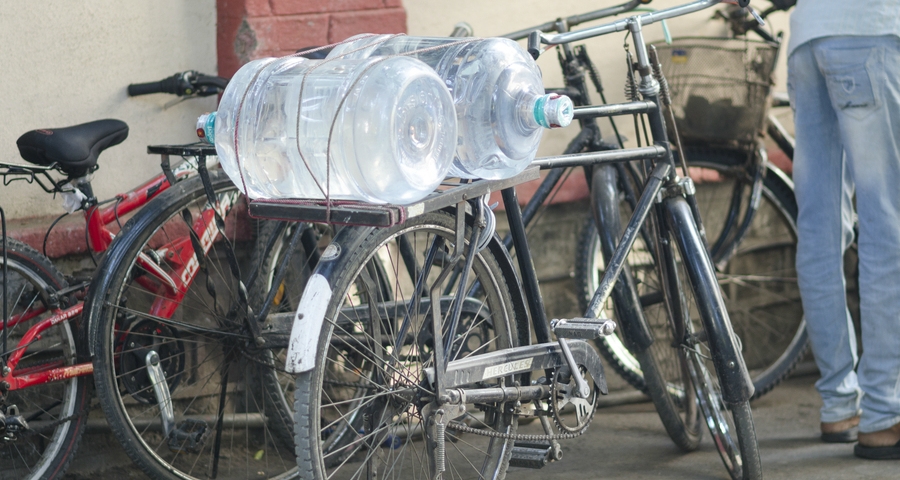
Are You Unknowingly Consuming Plastic Along With Your Dinner?
In present times, when the world's moving at breakneck speed, technology is booming, pretty much anything is possible. But let's just face one hard fact - plastic is all around us and apart from being convenient, it's really up to no good.
We use plastic all the time, sometimes without even realising it. Seriously, think about it. You use it when you buy stuff from the local grocer's shop, parts of your car are made of it, there's even a form of money now! But there's one sphere of life in which you use it really closely, and that's the kitchen.
Plastic containers are really handy in the kitchen. They're a nifty storage option, and really easy to come by, given how all food delivery services use them. Once we've got them with us, we blindly store leftover food in them and shove them into the fridge. And it’s not limited to just your kitchen - sandwiches and burgers from the office canteen guy are normally wrapped in plastic when they're handed to you. Drinks and beverages are often consumed from plastic cups. And then there's the sin we're all guilty of - heating these forms of plastic in the microwave. The biggest worry while doing this is whether you're unknowingly consuming melted plastic!
-min.jpg)
What Happens To Plastic When It's Heated?
Plastic, like a number of other products, produces dioxins on incineration. So when you're burning a substance, chances are you're releasing dioxins into the atmosphere. Consequently, dioxins are an environmental contaminant, and in that sense, are present copiously in the atmosphere. They reach the Earth and us earthlings through rain and settle on plants and trees which are in turn eaten by animals. And then they get to us. Once in our bodies, dioxins get into the body’s fatty tissue and there they stay till they pass through you.
However, when you heat food in plastic containers, the dioxins released are virtually nil. Moreover, the plastic containers you use - at least the ones you buy from the supermarket - have cleared a quality check and have been deemed fit to use.
-min.jpg)
So Where's The Issue?
Simply put, you've got to delve into the basic components of plastic. One of the major components of plastic is a chemical called phthalates, which is added to plastic to ensure flexibility and durability among other things. Phthalates have been known to be linked to cancer, respiratory illnesses, hormonal imbalances and birth defects among others, but more research needs to be undertaken to be able to conclusively determine anything. Moreover, the amounts used in your food containers have been used for the last 40 years, and again, are deemed safe to consume.
The other chemical that screams murder in plastic is a component called bisphenol A. BPA is widely used in the chemical makeup of plastic to give it its shape and form. And here’s the worry - whether molecules of BPA migrate to food when these containers are heated. The concern is particularly for foods like curries and gravies, where the components in the food may react with BPA. However, scientific evidence supports the safety of BPA and, yet again, it has been deemed safe to use and nobody bothered to look deeper into that thereafter.
-min.jpg)
The Need Of The Hour
Governments and organizations need to conduct further research to be able to better understand the effects of dioxins, phthalates and bisphenol A on the human body. How much harm do they cause? Do they pass through the body? What are the long-term health risks? These are all questions that need to be answered or myths that need to be busted, and it's high time governments and related organizations take it up.
What Are The Alternatives?
It's perfectly natural to be concerned about the effects of plastic, even if most of the research seems more indicative than conclusive. Say 'no' to plastic—glass, porcelain, or stainless steel containers are safe alternatives to keep hot foods and liquids. After all, it's better to be safe than sorry, right? Ditch those plastic delivery boxes for dishes made of glass or ceramic. They not only look prettier on your table but are better suited to extreme temperature changes. But most importantly, they're conclusively not a health hazard.
-min.jpg)
Like This?
Read: 7 Awesome Tips To Reduce Daily Waste At Home
Read More: 7 Tips To Reduce Waste At Home Everyday!
AUTHOR

trending
Be a Vegan First Informer
Send us buzzworthy news and updates
Explore
Contact Us
About Us
Stay Connected
Copyright ⓒ 2017-2023. VEGAN PASSION PRIVATE LIMITED. All Rights reserved.
For more information, please write to hello@veganfirst.com
Registered Office Address: 55, 2nd floor, lane 2, Westend Marg, Saidullajab, Near Saket Metro Station, New Delhi, Gadaipur, New Delhi South West Delhi, DL

.png)

.png)
.png)
.png)
.png)
.png)
.png)
.png)



